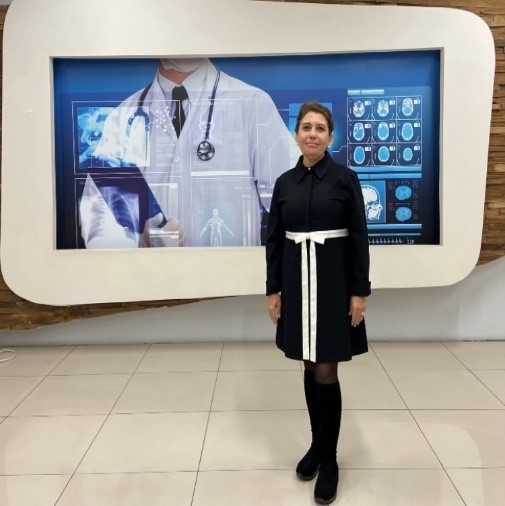At the core of public health science, there is the necessity of giving every child the best and equal start in life for healthy societies and healthy lives. Providing the best start means granting them the right to be healthy and to live a healthy life, which is a direct result of the most fundamental right to life.
To protect all the children of the world from neglect and abuse, prevent them from facing maltreatment, and safeguard their rights, the "Convention on the Rights of the Child" was adopted by 193 countries in the United Nations General Assembly on November 20, 1989, and the Republic of Turkey signed this convention in 1990.
Children’s rights is a universal concept that defines all the rights children are born with, such as education, health, housing, the right to life, play, and protection against physical, psychological, or sexual exploitation.
The protection of children's rights in freedom and balance is in the best interest of both the child and society.
The Convention on the Rights of the Child is an international treaty that guarantees the rights of children in terms of education, health, life, nutrition, housing, and community. The provisions of the Convention on the Rights of the Child are based on four principles:
*Non-discrimination: Every child, regardless of sex, race, ethnic origin, national origin, religion, disability, sexual orientation, or any other status, has the right to equal education.
*Best interests of the child: In all actions concerning children, the best interests of the child must be a primary consideration. This concept refers to the healthy, balanced, and free development and protection of the child in terms of physical, emotional, social, cultural, moral, legal, and economic aspects. In more concrete terms, the child's best interests are reflected in ensuring healthy physical, mental, and emotional development, protection from illness, and access to essential health and education opportunities. All these rights must be provided by parents and society under any circumstances. When a child is raised with these opportunities, the person making decisions for the child should also act in a way that preserves the child’s best interests.
*Right to life and development: Ensuring equal opportunities for children to reach full development and access to basic services.
*Right to participation: Emphasizes the need to value and respect children’s views on all matters related to their rights.
Regulations related to child health are clearly outlined in Article 24 of the Convention: State Parties recognize the right of the child to the enjoyment of the highest attainable standard of health and to facilities for the treatment of illness and rehabilitation of health. They shall strive to ensure that no child is deprived of his or her right to access such health care services. They shall take measures to reduce infant and child mortality, provide necessary medical assistance, and ensure that basic health services are developed. Other key measures include fighting diseases and malnutrition through the provision of nutritious food, clean drinking water, and taking into account the dangers of environmental pollution. Additionally, ensuring the provision of appropriate prenatal and postnatal care for mothers is highlighted.
Monitoring child health and access to health services includes continuous review of existing health services (Article 25), ensuring social security coverage (Article 26), and providing appropriate conditions and care environments (Article 27).
Protecting children from exploitation and abuse is emphasized, including:
Protection against dependency-inducing substances (Article 33)
Protection against all forms of sexual exploitation and abuse (Articles 34-35)
Protection from any exploitation that may harm the child's well-being (Article 36).
Health professionals have the responsibility to defend children’s rights, provide information to children and families about their rights, inform them about the role and use of children's rights within the health system, protect the privacy of the child and family, show empathy by understanding their emotions, and ensure care approaches that consider traditional and cultural features.
"Children are not small individuals with small rights, but rather individuals with equal rights to those of adults."
Asst. Prof. Nurten ELKİN
Head of the Department of Child Development, Faculty of Health Sciences
Coordinator of the Fight Against Addiction, Istanbul Gelişim University


